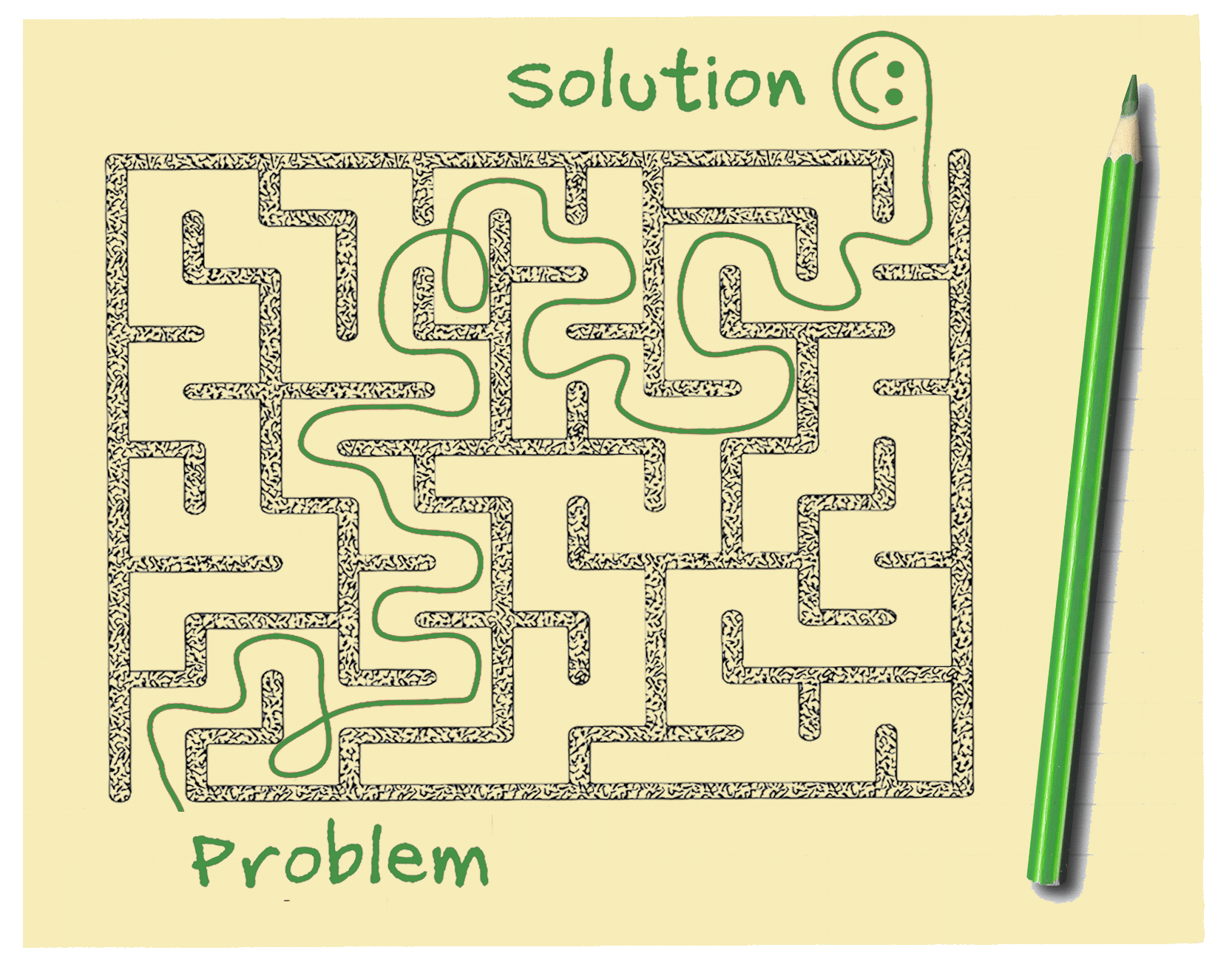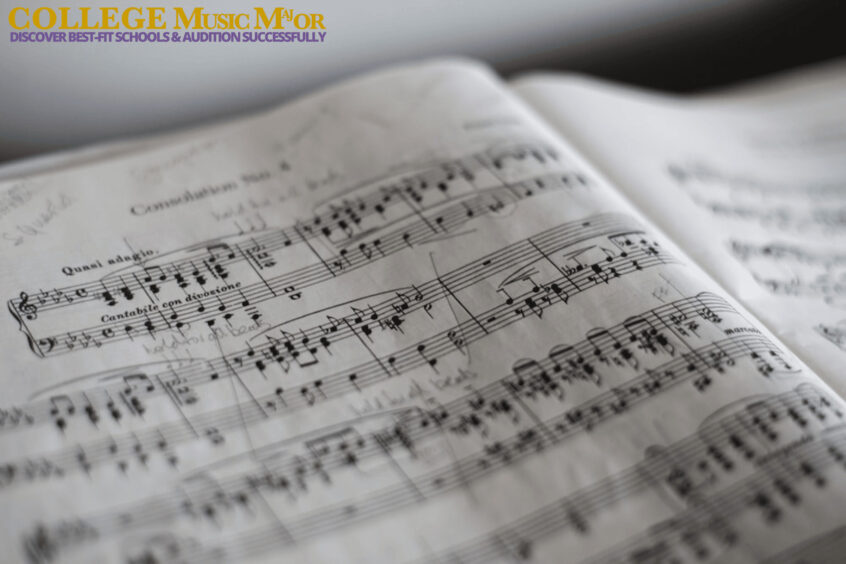Music theory is a crucial but often overlooked part of the undergraduate audition process for music schools at most colleges and universities. This article serves as a guide to help you understand the subject and prepare adequately for the theoretical elements of these auditions.
Music Theory Placement Exams
Most music departments require prospective students to take a music theory placement exam (MTPE). This exam evaluates the student’s readiness for college-level music theory and assists in course placement. Typically, it is part of the audition process, but some schools hold off on administering it until students arrive for their first semester of college.
As its name implies, the primary purpose of the MTPE is to help place incoming students in the music theory exams they are ready to take. It commonly does not make or break a student’s audition at a particular school.
Impact of MPTE
However, the results of an MTPE can have a sizable impact if you wind up being put in remedial music theory courses because you’re not ready for “Music Theory 101.” It can put you behind in graduating on time and distance you from your cohort of incoming classmates.
What the Test Covers
A typical MTPE tests the basics of music theory and ear training. It is often a multiple-choice exam covering topics like:
- Identification of treble and bass clef, and pitch
- Identification of notated key signatures
- Identification of harmonic and melodic intervals (both visually and aurally)
- Identification of scales (both visually and aurally)
- Identification of triad and seventh chords (both visually and aurally)
- Identification of rhythmic patterns (both visually and aurally)
- Questions about time signatures and meters (simple and compound)
Preparing for the Test
Preparing for the MTPE can be intimidating, but resources are available to help. Here are some tips:
- Start practicing on the piano, even if it’s not your primary instrument. As a music major, a certain level of piano proficiency is expected.
- Start singing, even if voice is not your primary instrument. (You’re expected to sing melodies on sight.)
- Purchase the textbook used in your first four semesters of music theory.
Popular Music
One wrinkle with MTPEs concerns popular musicians since the traditional form of the exam is geared toward classically oriented musicians. That means it reflects the sort of musical foundation that a concert pianist or violinist possesses by relying heavily on formal learning and standard notation. A rock guitarist might have a stronger theoretical foundation, but it is typically more informal, and notation places little role in how they learn it.
Starting College with a Solid Foundation
At the beginning of your college journey, you will be expected to demonstrate mastery of certain basic concepts in music theory. These include:
- Identification of pitches in different clefs
- Identification and writing of major and minor scales
- Identification and writing of major and minor key signatures
- Identification and writing of intervals
- Identification and writing of major, minor, augmented, and diminished triads
- Reading and writing rhythms in various meters
How to Prepare
A first step in preparing for college music theory and the MPTE is to take a music theory diagnostic exam, like the type we offer at College Music Major. This online test covers the concepts you’ll find on a typical MPTE and provides you with feedback on your understanding of them.
To ensure that you are ready for your study of music, you should also:
- Review online resources that cover the fundamentals of music.
- Attend review sessions or workshops on music theory.
- Work on self-contained online courses.
AP Music Theory
Some schools offer an AP Music Theory course designed by the College Board, which also administers an exam based on the course’s curriculum. Over 16,000 college-bound musicians took the course in 2021. It is rigorous and can help you prepare for MTPEs and traditional college music theory classes.

AP Music Theory has critics who point out that it is too heavily weighted toward classical music and emphasizes theoretical rules that do not necessarily apply to other forms of music.
The Role of the Piano
The piano offers an excellent understanding of music theory from an auditory, tactile, and visual perspective. Even if your primary instrument is not the piano, spending some time with it is extremely helpful.
Overcoming the Challenges
Music theory courses can be intimidating, but adequate preparation can make them more manageable. Start preparing as early as possible. If you don’t have a good teacher, find one. Use self-study resources like books, websites, and apps.
If you have any questions about preparing for music theory classes, don’t hesitate to contact the respective college or university.
Final Thoughts
Remember that music theory is not an isolated subject but a tool that can enhance your musical understanding and creativity. Embrace it as a crucial part of your musical journey, and it will open doors to deeper understanding and enjoyment of music.


The college music admissions process is complicated and frustrating maze. Fortunately, we're expert maze runners at College Music Major who can help you successfully navigate your way through it.
We offer a range of affordable options that include comprehensive packages with Doctor Fish serving as your personal guide.
Our one-of-a-kind online course DIY Guide, is a great, cost-friendly option. It gives you the inside scoop on:
- √Types of music schools
- √Types of music degrees
- √Finding best-fit schools
- √Audition process
- √Portfolios & prescreening videos
- √Applications & essays
- √Applications & essays


